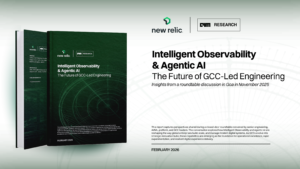A generative AI model developed specifically for US intelligence services has been released by Microsoft. This programme represents a significant development in artificial intelligence (AI) technology by offering a safe way to analyse sensitive material without running the danger of being online.
Unlike other AI systems, such as Microsoft’s Copilot, which run on the internet, this recently created model runs in a “air-gapped” environment, guaranteeing increased security. According to Bloomberg, this is the first time a significant language model has operated completely offline, without reliance on cloud services. The purpose of this calculated move is to protect confidential data from prospective cyberattacks and security lapses.
After a tough 18 months of development, this specialised tool’s GPT-4-based system was created, which is capable of executing a wide range of activities, such as text analysis, question answering, and code production, all without the need for internet access. Interestingly, William Chappell, Chief Technology Officer at Microsoft for Strategic Missions and Technology, highlighted that the GPT-4 model in the cloud is static—that is, it can read files but cannot learn from them or the public internet. This helps the government maintain the model’s integrity by stopping the platform from absorbing sensitive information.
The consequences of this breakthrough go well beyond the boundaries of technology, as intelligence services will be able to use AI skills to support vital operations while reducing risks to national security. Sheetal Patel, Assistant Director of the CIA for the Transnational and Technology Mission Center, underscored the strategic importance of integrating generative AI into intelligence operations, stating, “There is a race to get generative AI onto intelligence data, and I want it to be us.”
Microsoft’s endeavor represents a pivotal milestone in the intersection of AI and national security, setting a precedent for the development of secure AI solutions tailored to the unique requirements of government agencies. As the demand for AI-driven intelligence analysis continues to escalate, innovations in secure AI technologies are poised to play a central role in safeguarding sensitive information and bolstering national security efforts.
The release comes at a time when RISAA, The Reforming Intelligence and Securing America Act, passed in April this year allows the American government to conduct surveillance on foreign citizens through, “electronic communications service providers.” This means that US businesses providing services such as e-mails, phone calls, text messages, etc. are required to assist the government in intercepting communication.





